Food to Live
Dry Roasted Sunflower Seed Kernels with Himalayan Salt - by Food To Live
Couldn't load pickup availability
Do you often crave savory snacks but want to find a wholesome alternative to high-fat chips and crackers? Food to Live's Roasted Salted Sunflower Seeds are a great option for this purpose. They are made without using oil and are lightly coated with mineral-rich Himalayan Pink Salt.
Ways to use Roasted Lightly Salted Sunflower Seeds
Toasting reduces the amount of water in Sunflower Seeds making them super crunchy and enhancing their nutty flavor. They are a wonderful snack to munch on during a movie night or on a hike with friends. Furthermore, you can add these seeds to granola, muesli, cereals, protein shakes, or just sprinkle over salads, oatmeal, porridges, yogurt, and avocado toasts. Moreover, Salted and Roasted Sunflower Seeds are an amazing pastry ingredient. Use them in breads, cakes, muffins, scones, and cookies or for making energy bars and balls. Sunflower Seed Kernels Roasted Salted not only add extra crunchiness to your dishes but also a significant nutritional boost.
The Nutritional Profile of Roasted vs. Raw Sunflower Seeds
Despite common belief that roasted food is not as nutritious as raw, this is not the case for Sunflower Seeds. Both have almost an identical amount of nutrients and roasted nuts remain an amazing source of protein, dietary fiber, good fats, potent antioxidants, and many essential elements including Iron, Vitamin E, Iron, Copper, Phosphorus, Selenium, Manganese, Zinc, and Niacin. Besides, Shelled Roasted Salted Sunflower Seeds are suitable for Keto and Paleo diets.
Storage Tips
Dry Roasted Salted Sunflower Seeds should be stored in an air-tight container in a cool dry area. For long-term storage, put them in a fridge.
WARNING: Consuming this product can expose you to chemicals including Acrylamide which is known to the State of California to cause cancer and birth defects or other reproductive harm. For more information go to www.P65Warnings.ca.gov/food
Ingredients
Ingredients
Shipping & Returns
Shipping & Returns
Shipping Time: Most orders received before 3:00 PM EST will ship not later than the next business day, provided the product ordered is in stock. Most orders received after 3:00 PM EST will ship not later than the second business day. Orders are not processed or dispatched on Sunday. For more information check our Shipping & Return Policy
Dimensions
Dimensions
Storage
Storage
Store in a cool,dry place away from Moisture, Light, Oxygen
Share
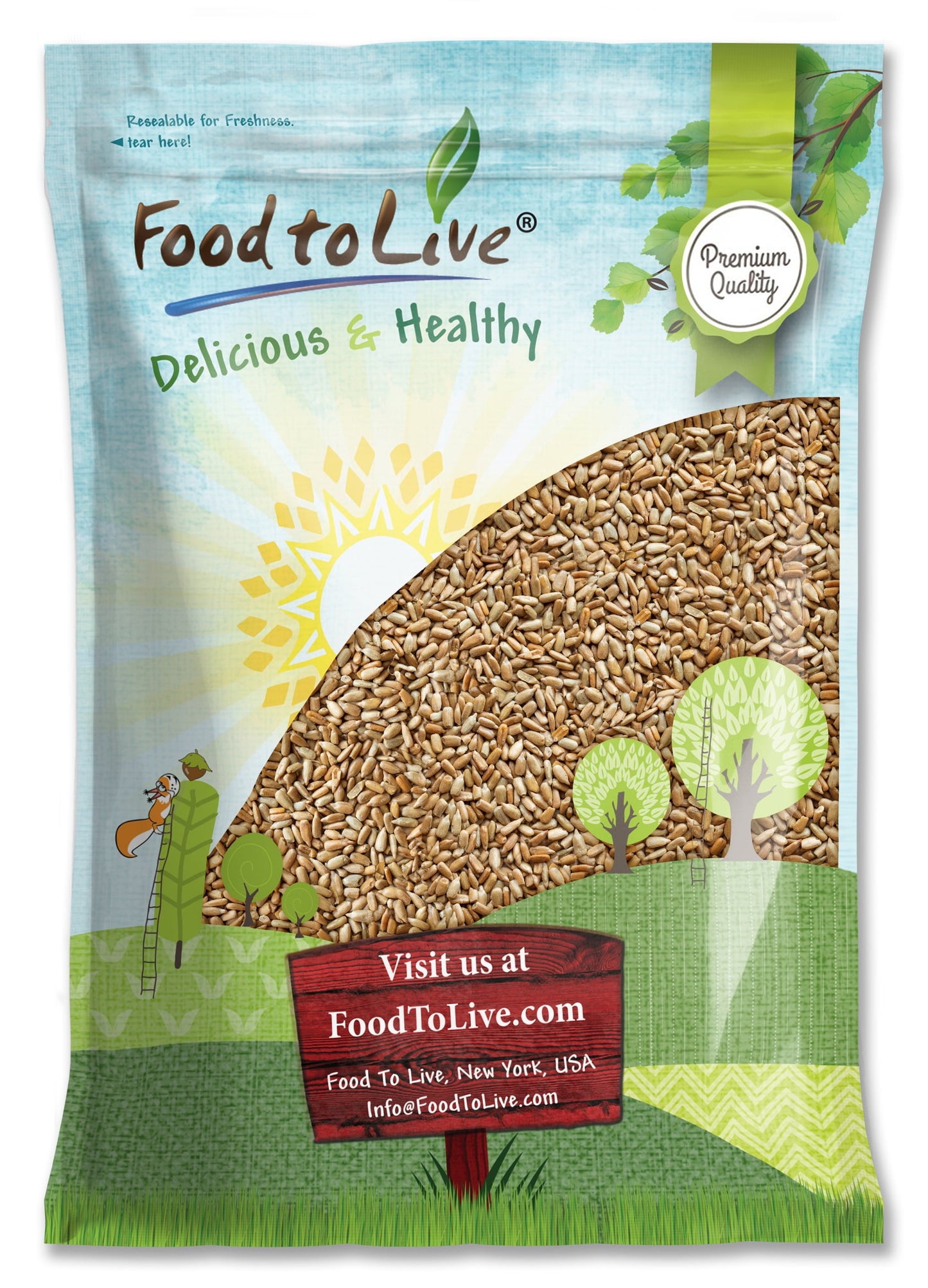
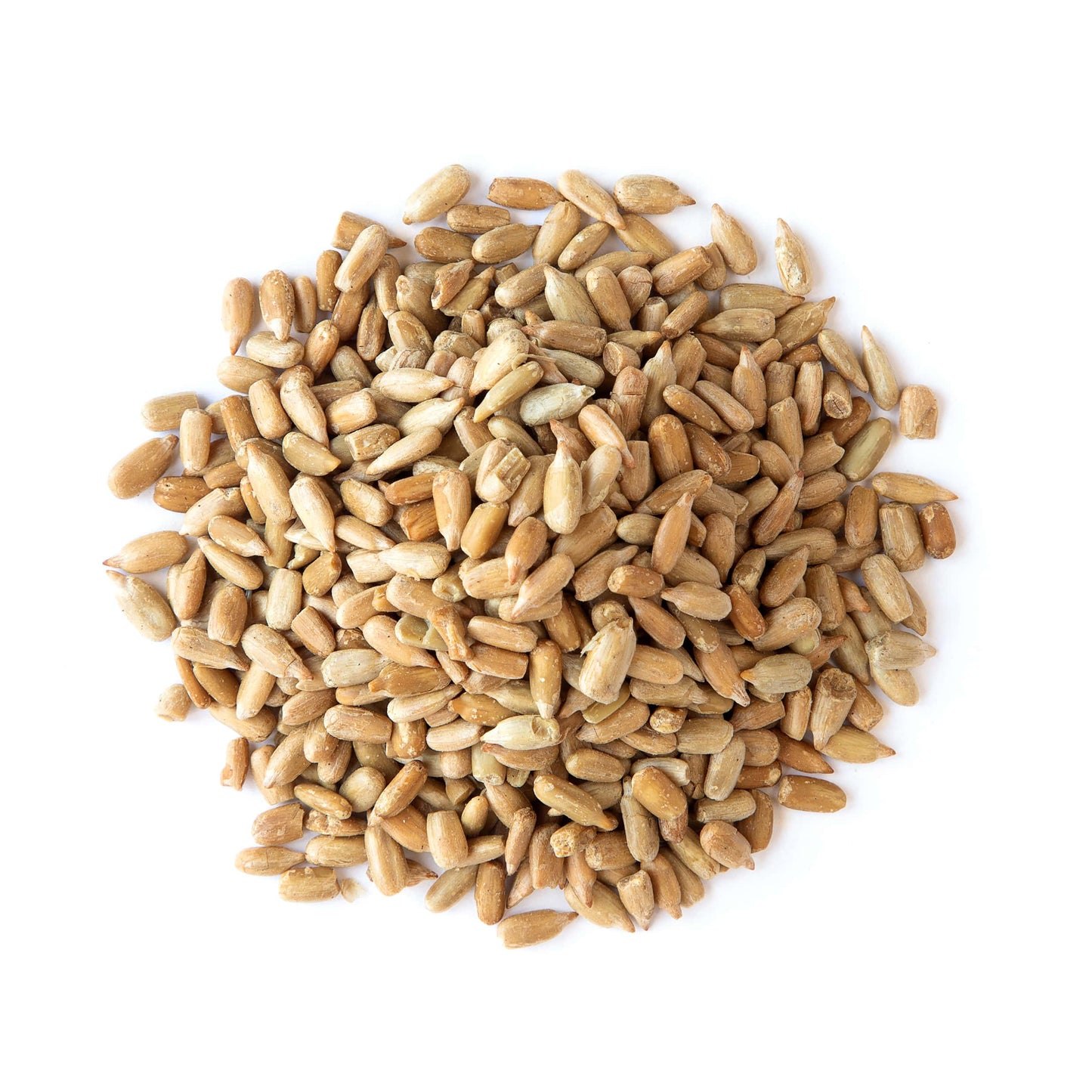
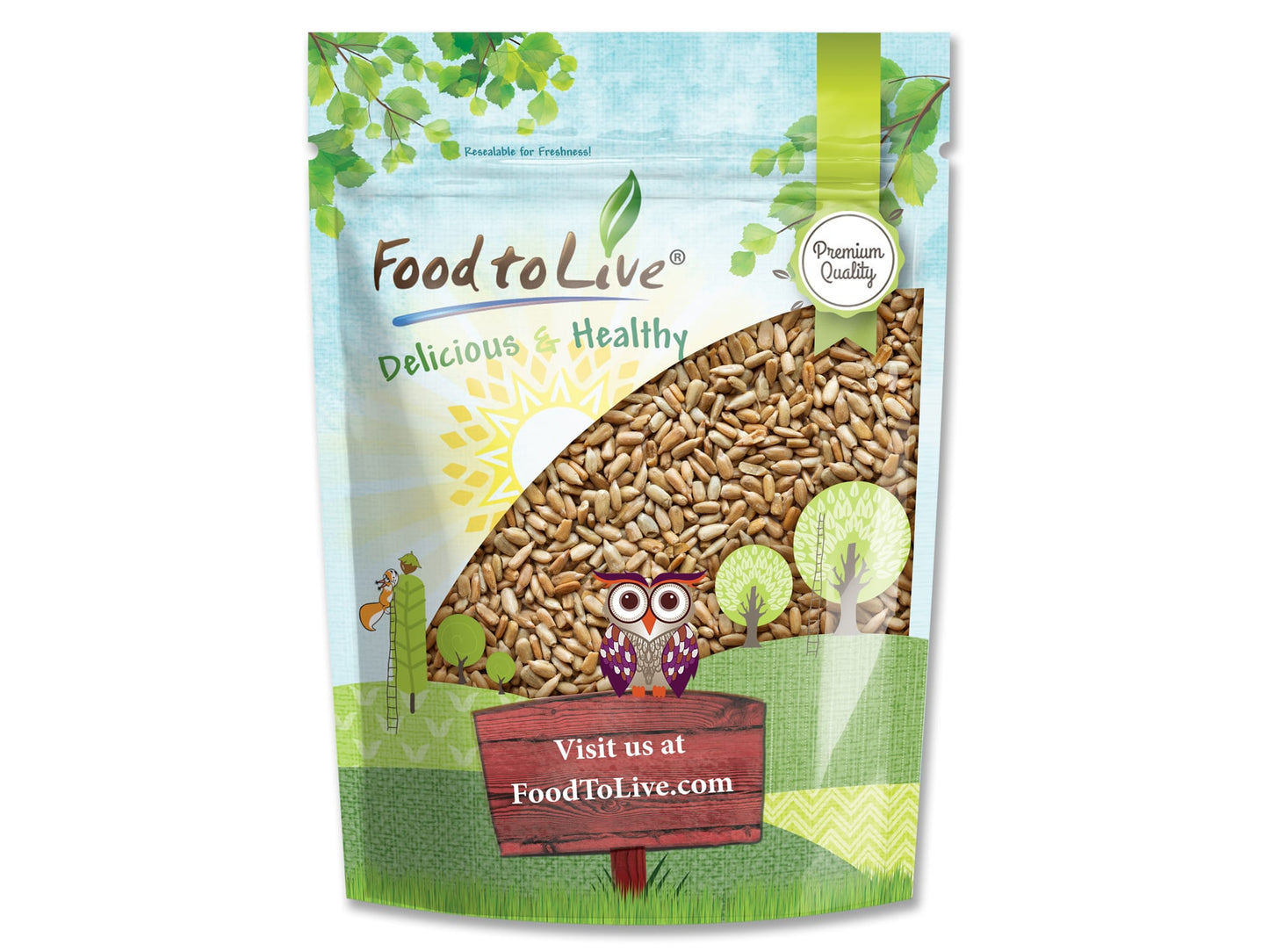
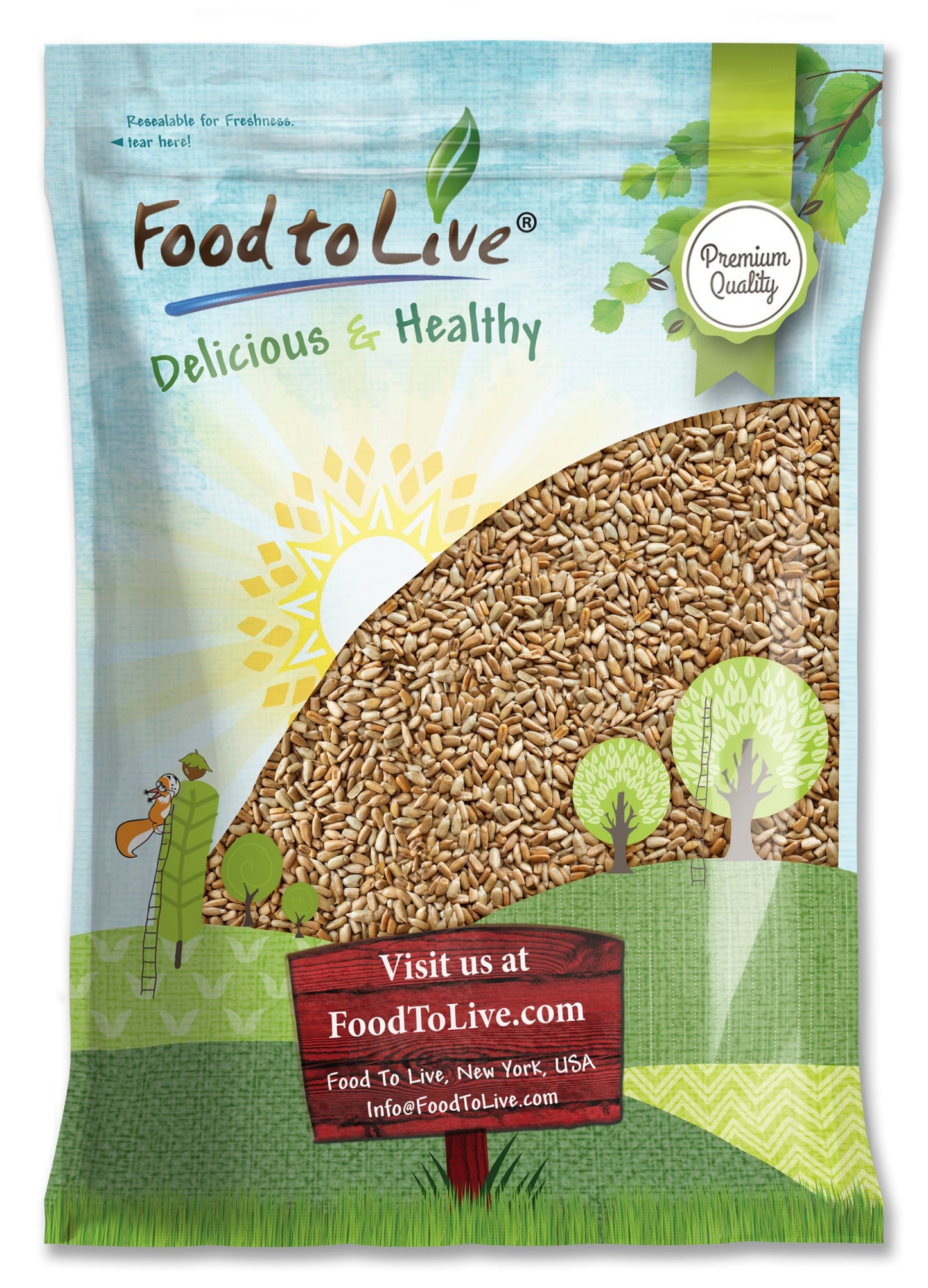
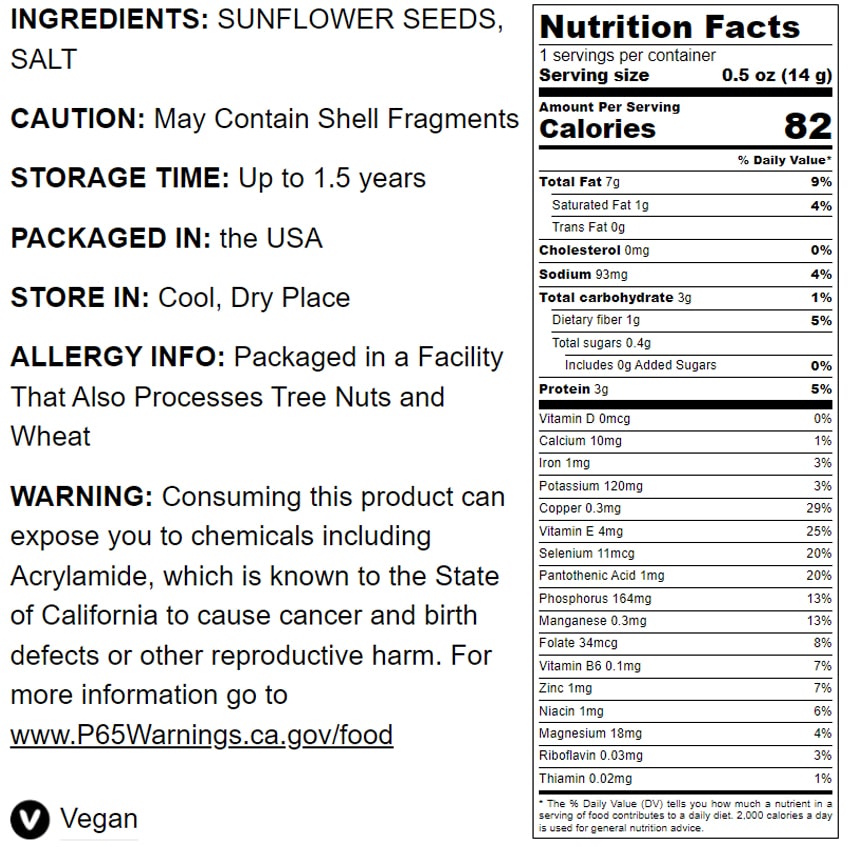
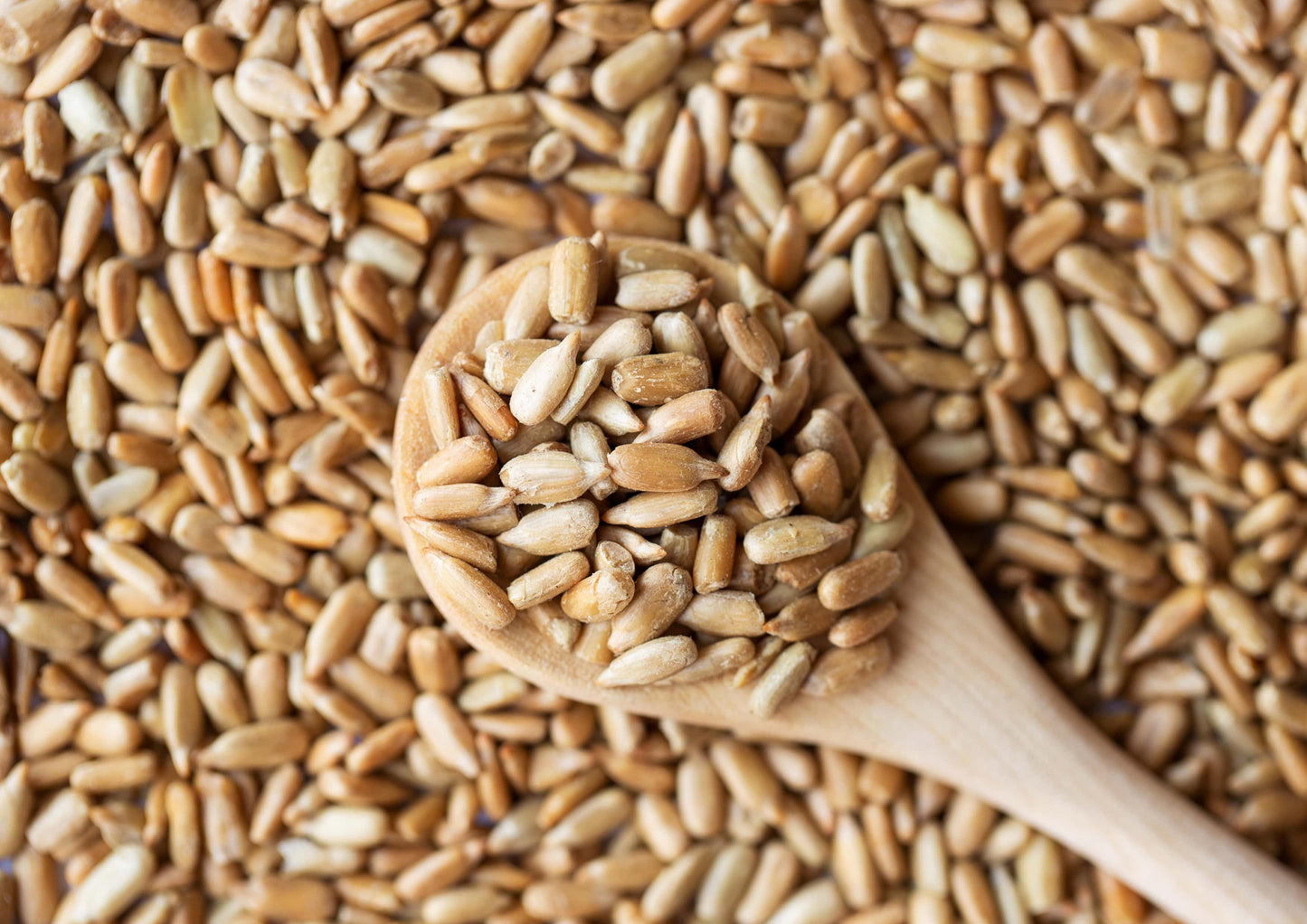
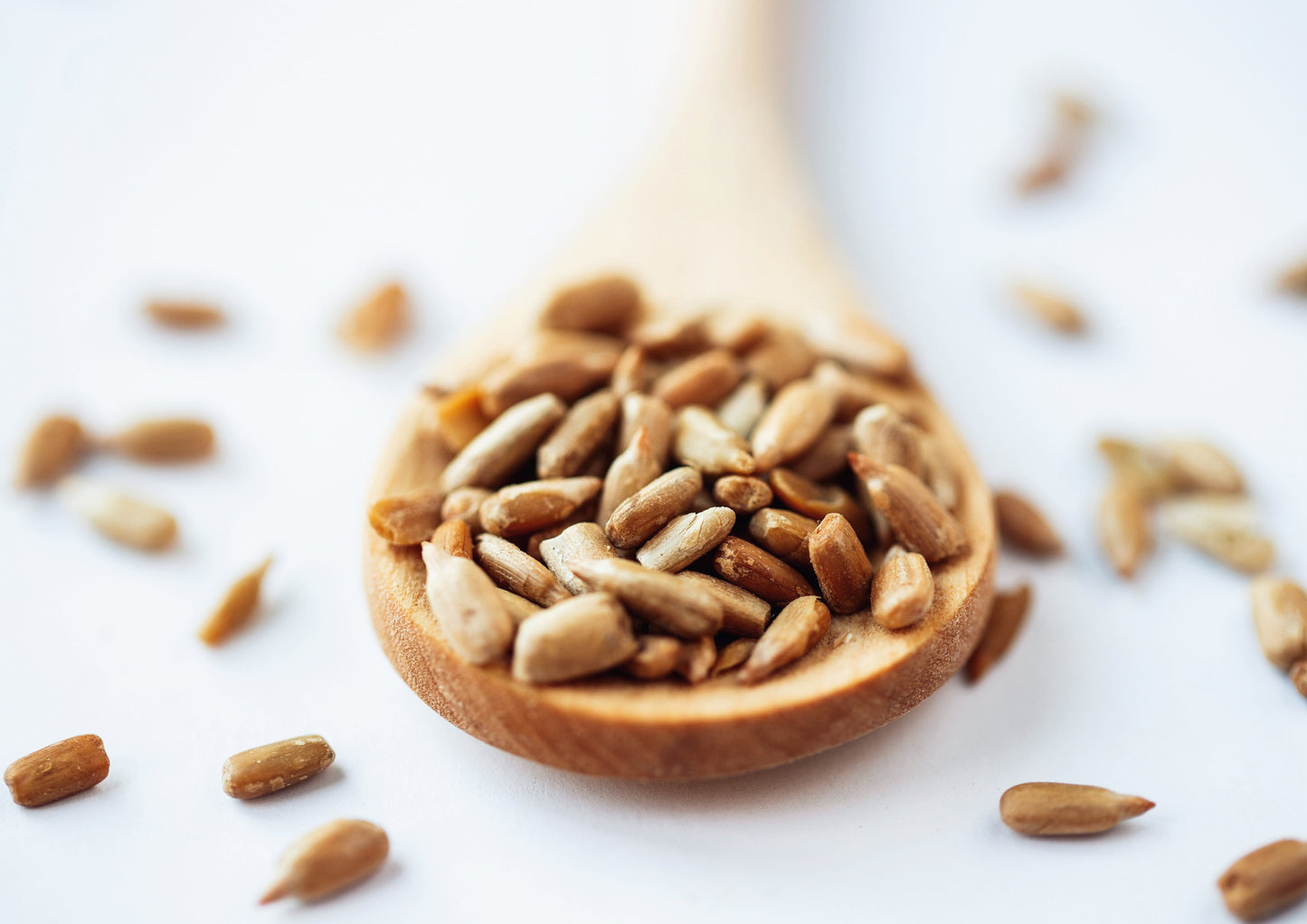
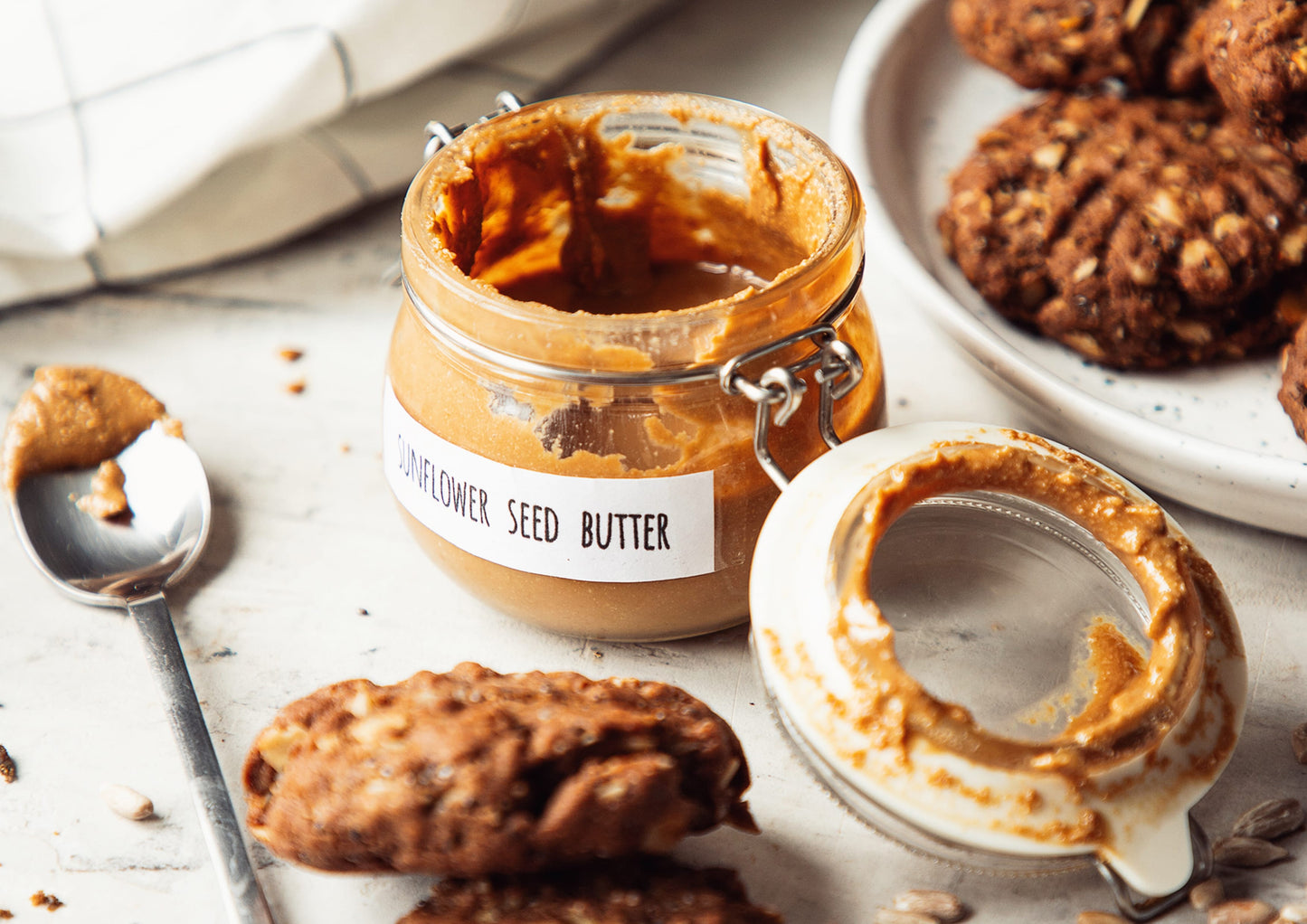

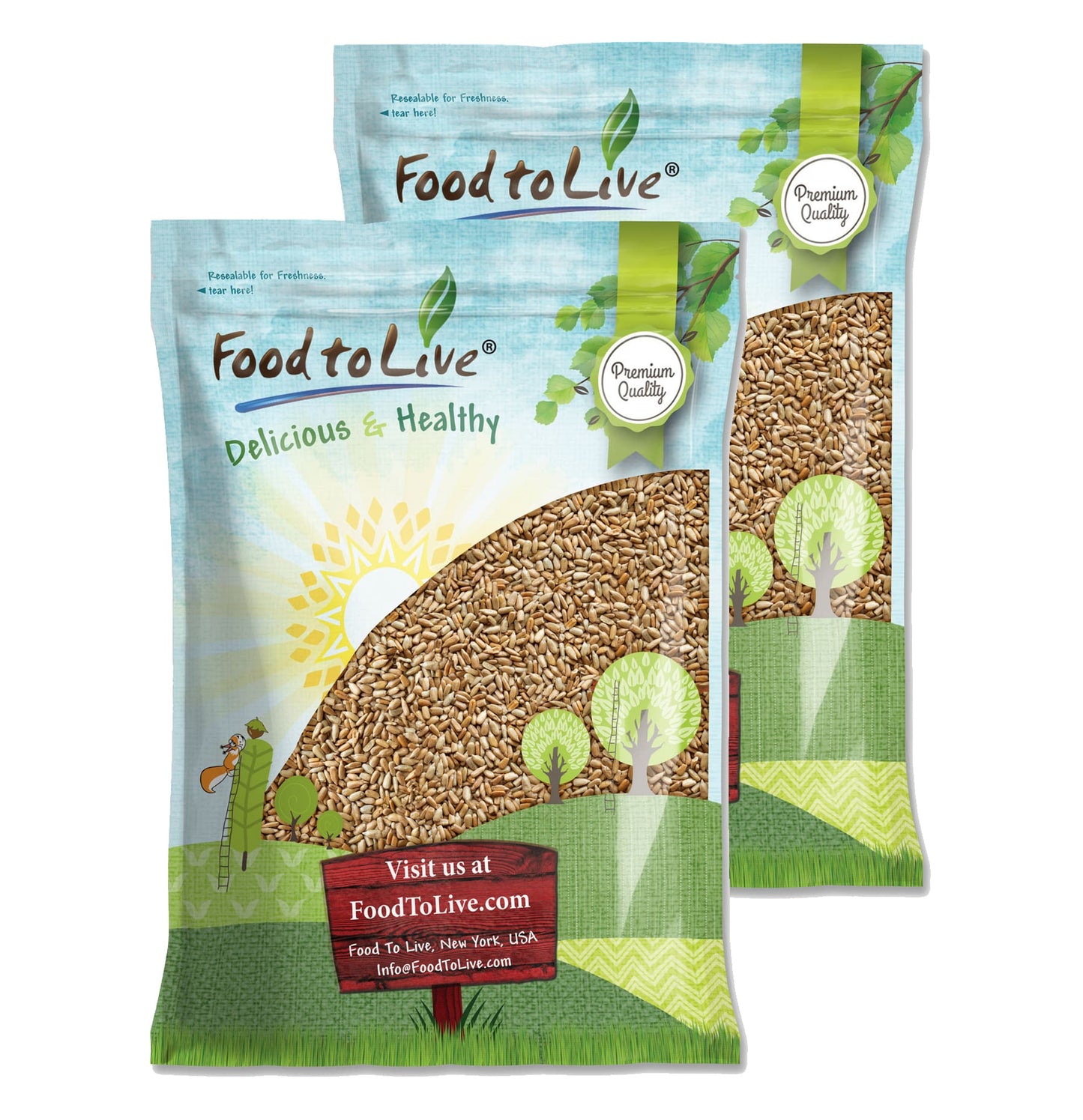
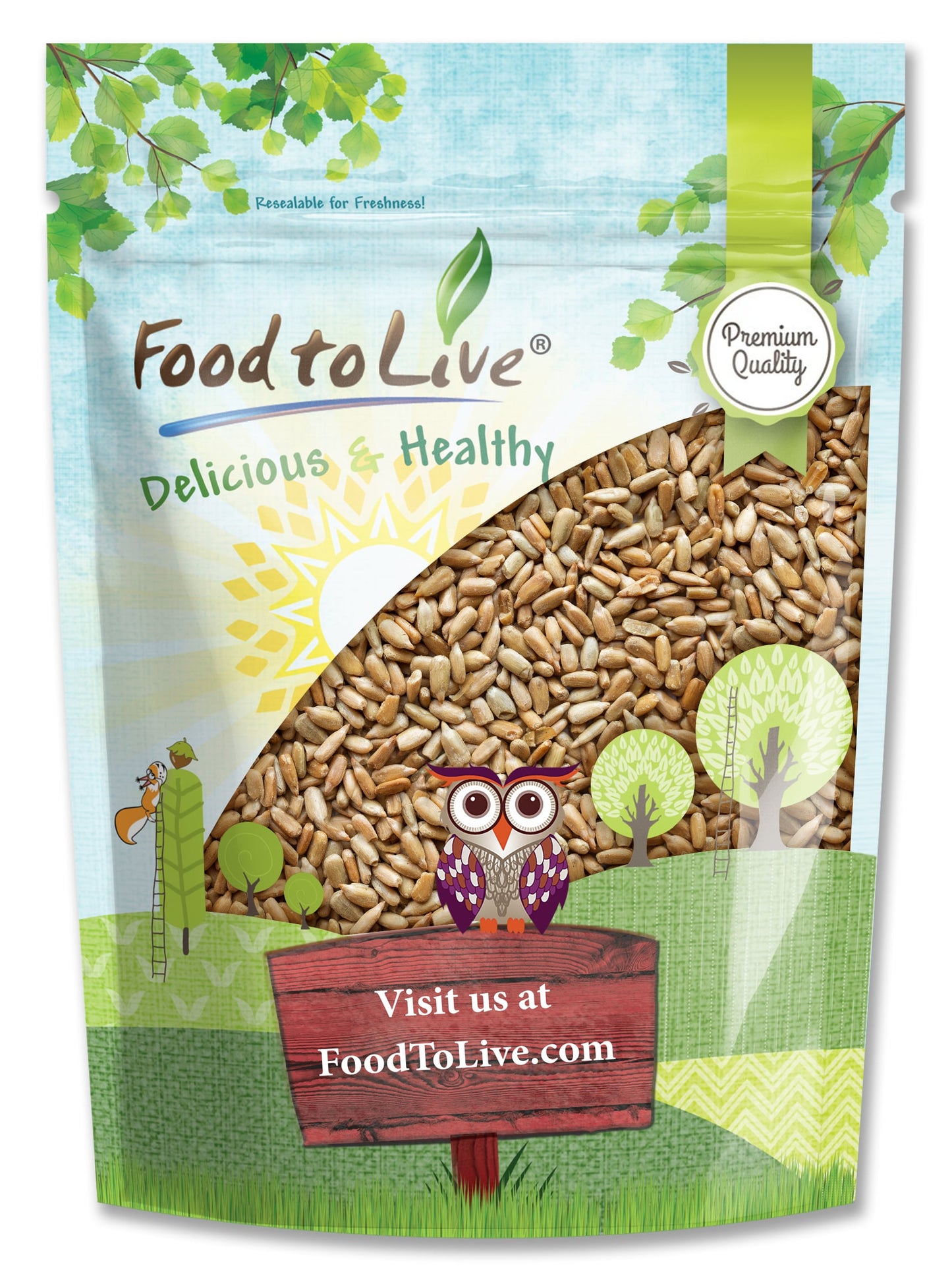
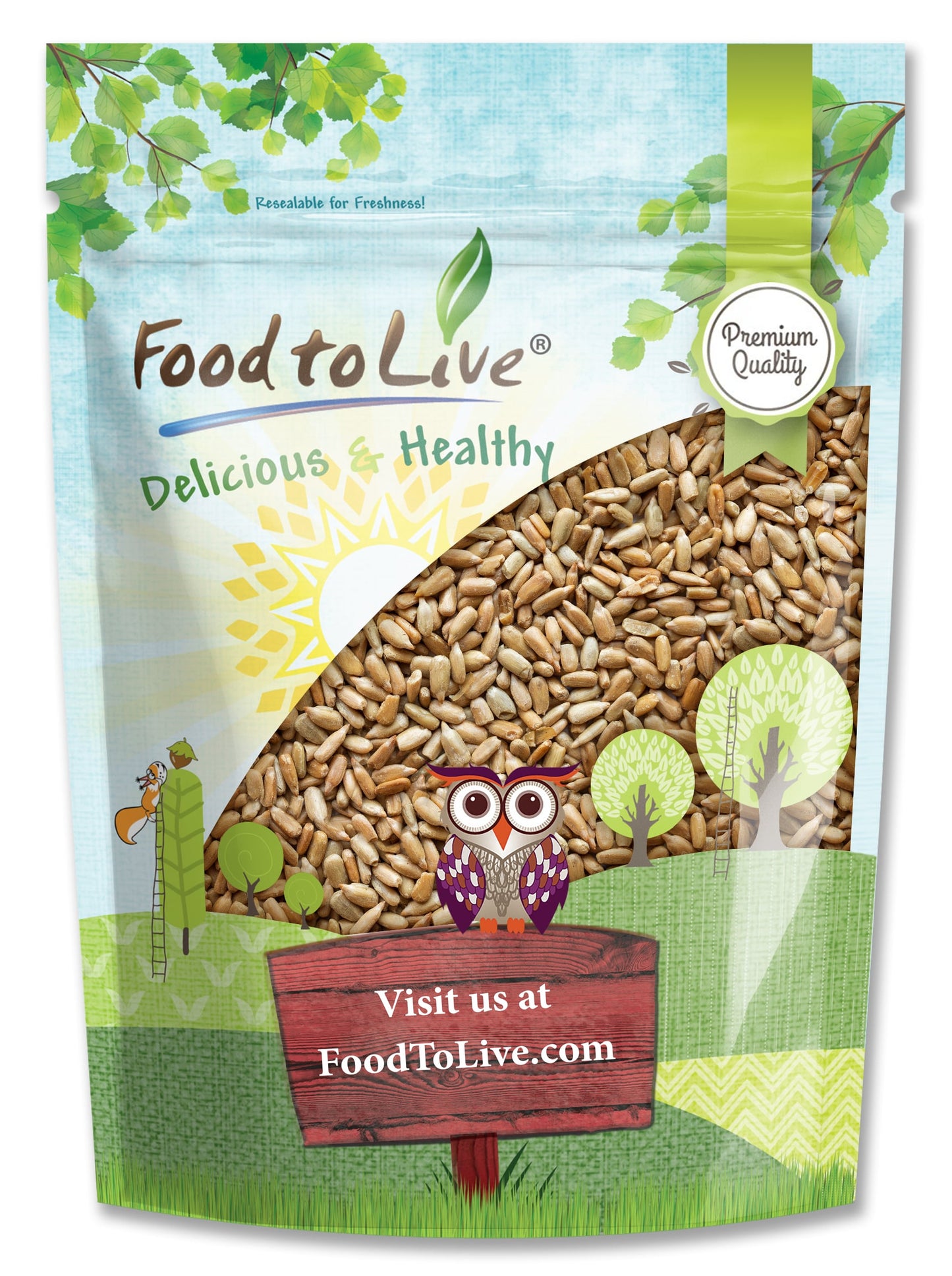
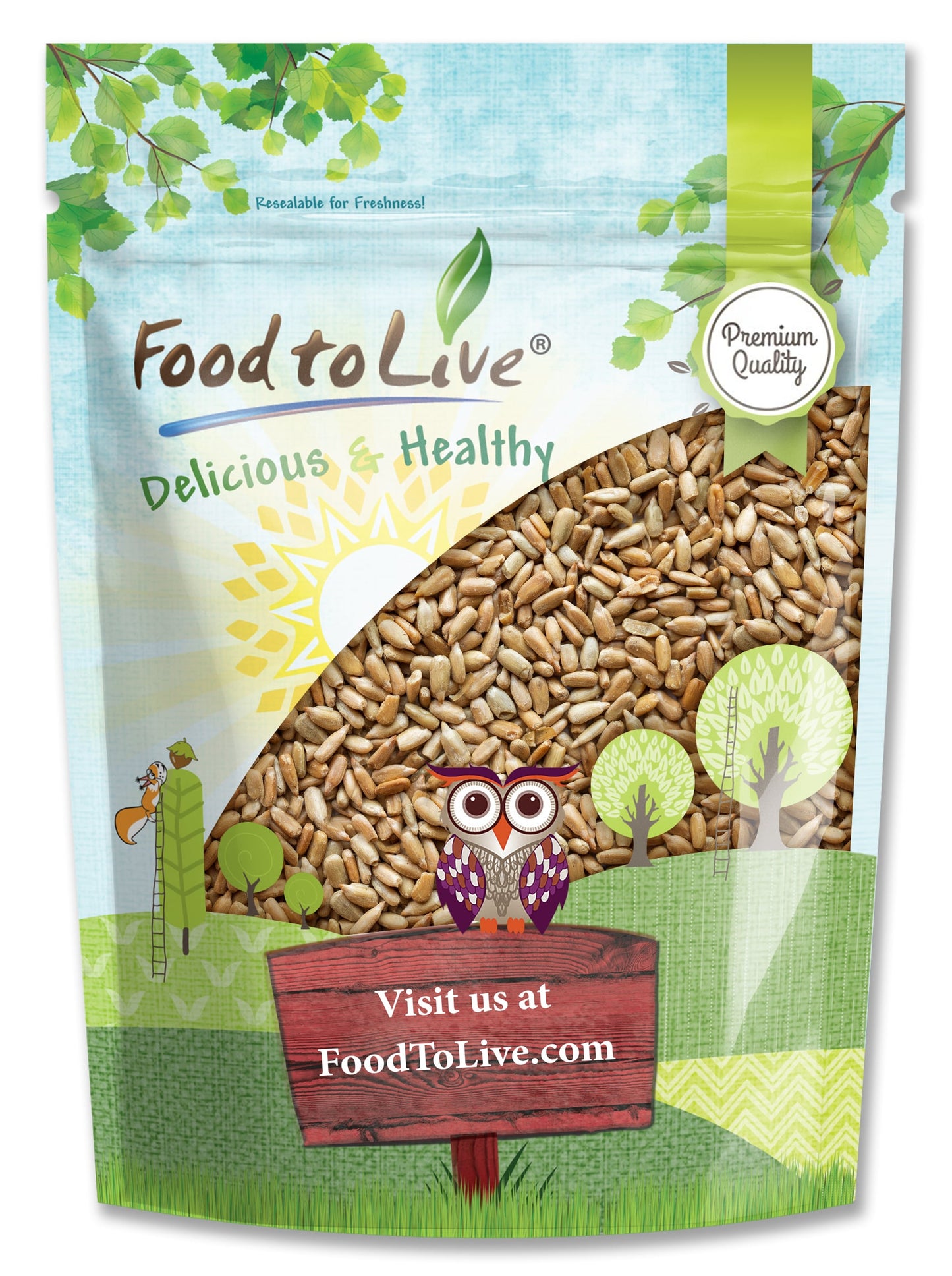
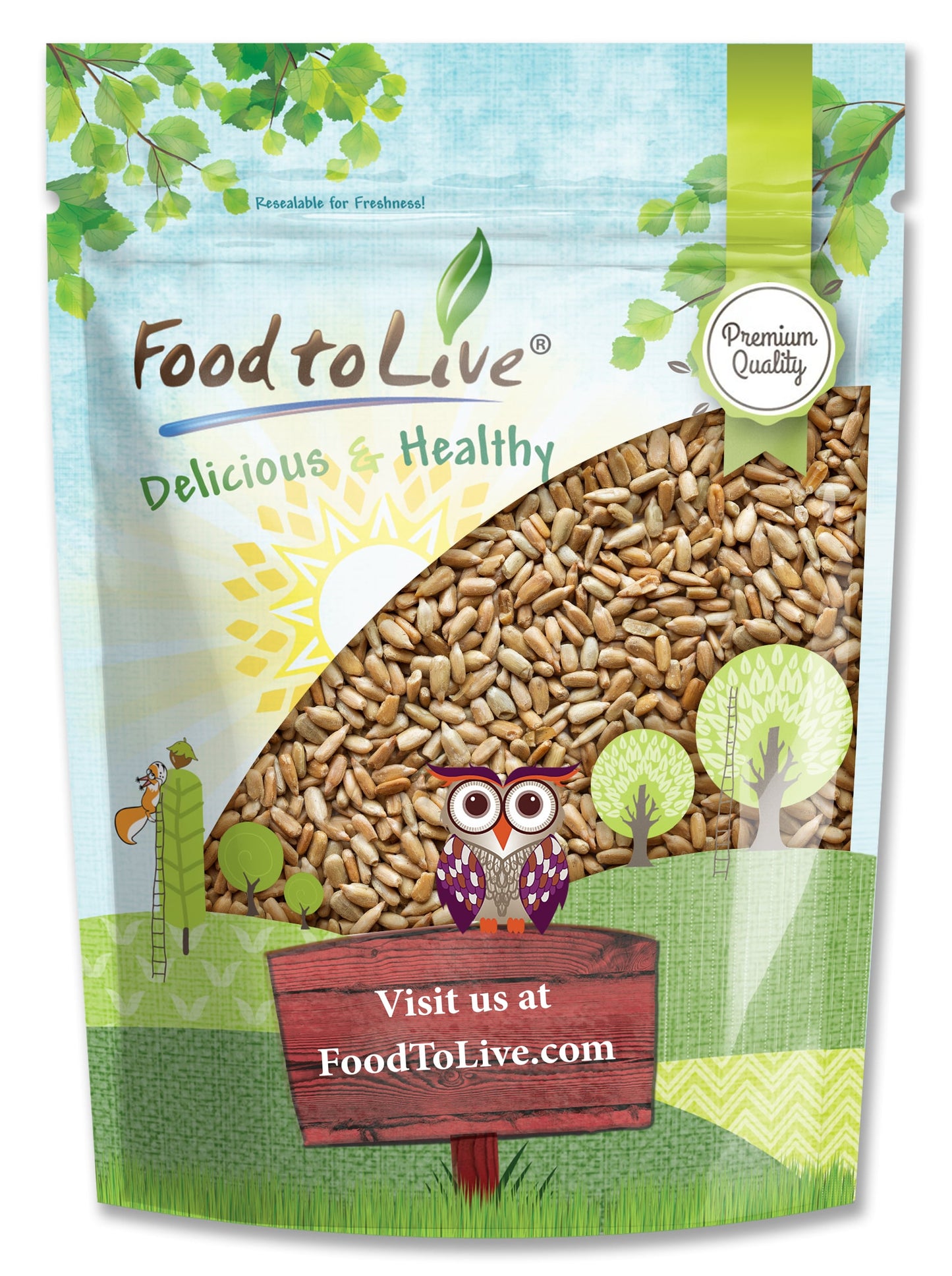
Video
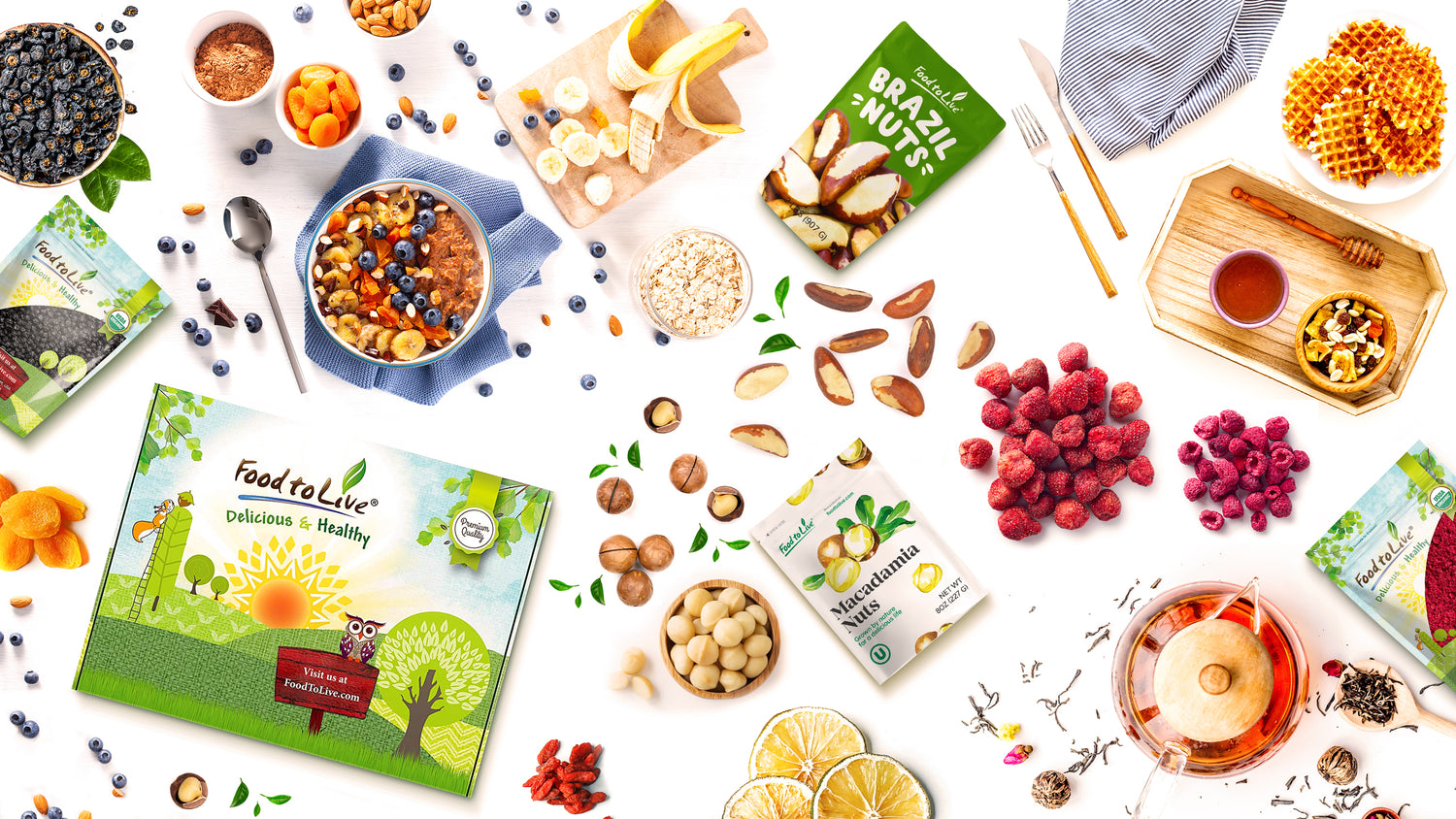
Food to Live was created to give people easy access to delicious and wholesome foods.
We offer a wide range of organic and raw foods that would be a great addition to any diet.
We choose products that can positively impact the body, such as dried fruits, nuts, seeds, grains, powders, flours, spices, and legumes.














